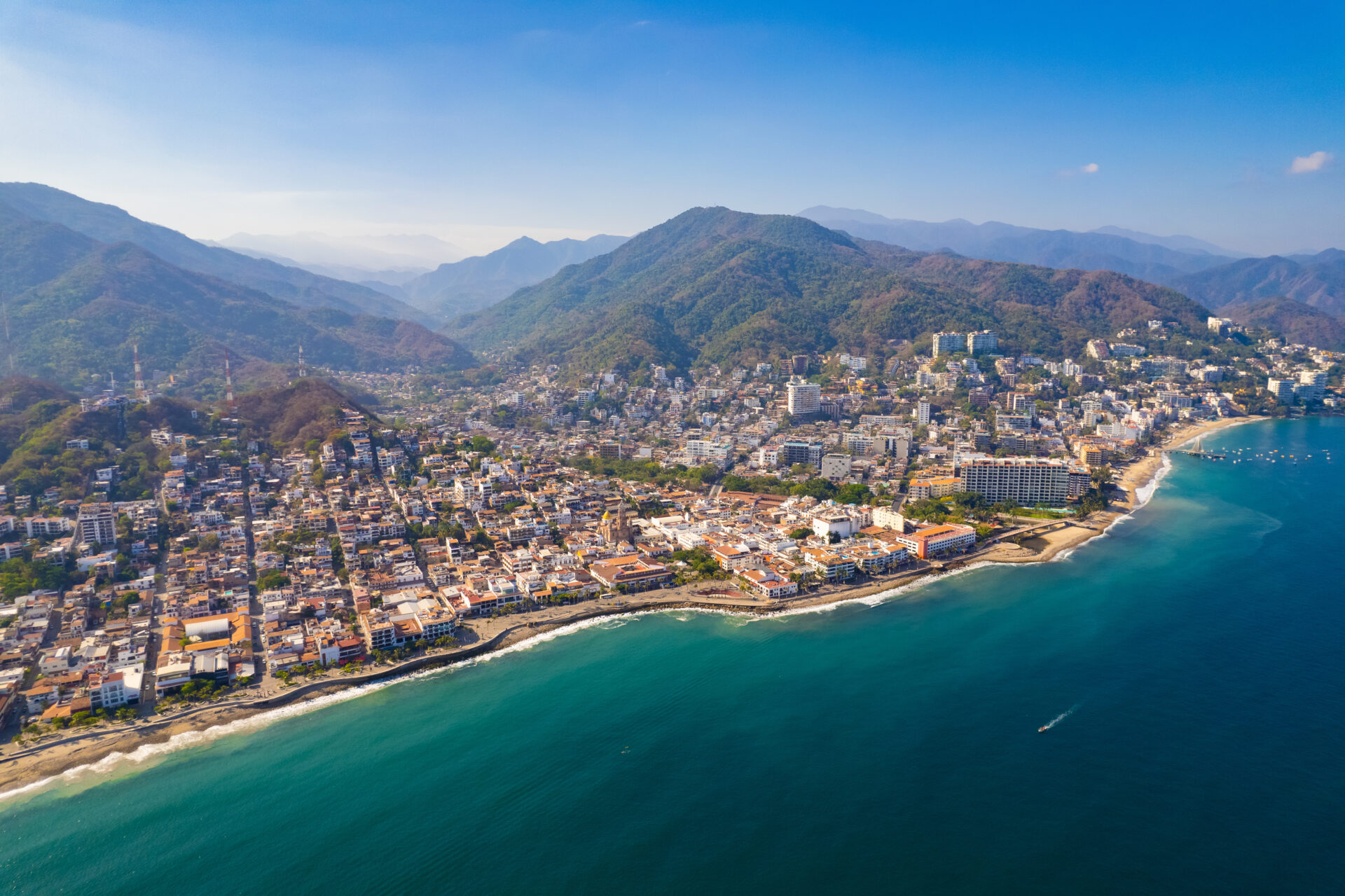Gerard will get you top-dollar when selling your property
Let me guide you through the process of selling your property, I am an AMPI-certified agent and part of a professional network allowing me to market your property in all real estate areas in Puerto Vallarta and Riviera Nayarit through the MLS. I will help you get the most value out of your property and be by your side throughout the process. To protect your interests and your investment will always be my top priority.
Contact me using the form below and learn more about how I can help you sell your property.


